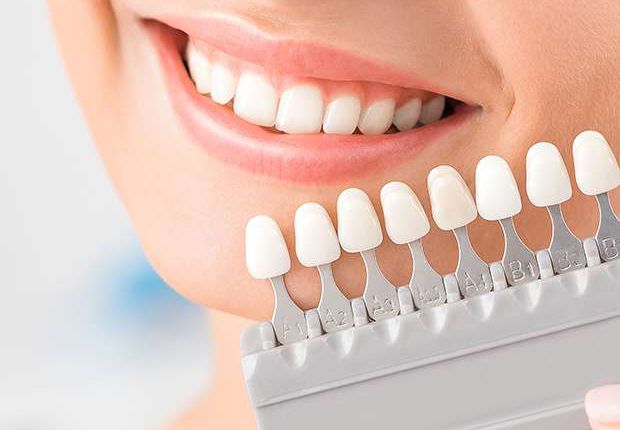Most patients will require some type of tooth extractions in Laveen, AZ. Some procedures can be performed in one visit, while more complex surgical extractions may require multiple visits.
Before the tooth is extracted, local anesthesia may be applied. This prevents pain during the tooth extraction procedure. Next, dentist 85339 will open the tooth socket by loosening the periodontal ligament. Forceps are used to gently move the tooth from side to side until it is loosened. Once it is loose enough, the dentist in Laveen, AZ, will lift the tooth out of the socket. Contact us!
Aftercare and Recovery
Aftercare and recovery following tooth extractions in Laveen, AZ, are crucial for ensuring proper healing. Remember to follow our dentist's instructions carefully to promote optimal healing at home.
Be sure to rest and avoid strenuous activities for the first 24 hours after the procedure. This will help minimize bleeding and reduce any discomfort you may experience. It's normal to have some swelling and mild pain after a tooth extraction, but these symptoms can be managed with prescribed medications or over-the-counter pain relievers.
To aid in the healing process, stick to soft foods like yogurt, mashed potatoes, and smoothies during the initial days post-extraction. Avoid hot liquids, straws, smoking, or vigorous rinsing, as these can disrupt blood clot formation in the socket.
Maintain good oral hygiene in Laveen, AZ, by gently brushing your teeth but avoiding the extraction site for the first day or two. Rinse your mouth with warm salt water several times a day, starting 24 hours after surgery.
Reasons for Extraction
There are numerous reasons for tooth extraction, which include:
Tooth Decay
If tooth decay is severe enough, it becomes necessary to perform a tooth removal procedure. By extracting the diseased tooth, the tooth can be replaced with a dental implant, bridge, or dental crown.
If tooth decay is caught early, a minimally invasive dental filling or dental crown can be placed. However, if the decay has progressed further, an extraction will likely be the next course of action.
It is important to replace a missing tooth to prevent additional oral health issues, including shifting teeth, jawbone deterioration, and misalignment.
Orthodontic Treatment
Not all patients who need orthodontic treatment also need a tooth extraction in Laveen, AZ. However, some patients might need both. Orthodontic treatment involves wearing braces, which apply constant pressure to the teeth. Over time, this causes them to slowly move into the desired position. Sometimes, these teeth are too crowded for the braces to move effectively. In this case, tooth extraction may be necessary.
Extraction of teeth may also be necessary when a patient’s jaw is misaligned. An overbite, for example, can cause the jaw to be too small for teeth to align properly. In this case, the jaw can be widened with orthodontic appliances, such as the Herbst appliance. If tooth extraction in Laveen, AZ, is required, the Herbst appliance will move the teeth into the proper position.
Impacted Teeth
If you have one or more impacted wisdom teeth, you may want to consider having them extracted. Impacted teeth can cause a number of issues. They may grow in sideways, become infected, or only partially erupt. All of these scenarios can lead to pain, swelling, and discomfort.
Impacted wisdom teeth are also more difficult to clean than fully erupted teeth. This can cause a higher risk of developing cavities, gum disease, and other oral health problems.
Dental Infection
If our dentist in Laveen, AZ, determines that your tooth cannot be saved, he or she will likely recommend extraction. In some cases, the infection is too deep, or the tooth is too damaged or decayed to save. In other cases, the tooth may be causing crowding or damage to surrounding teeth, and extraction is the best solution.
Gum Disease
If gum disease is severe enough, it may require tooth extraction in Laveen, AZ. Gum disease is a condition that occurs when plaque and tartar buildup irritates the gums and leads to infection.
If gum disease is neglected for too long, it can result in loose teeth and, eventually, tooth loss. Tooth extraction can help prevent tooth loss and restore your oral health.
We request you schedule a consultation with our team of dental experts to get all your oral concerns addressed at the earliest. Please call us at (602) 237-7878 or reach out through online consultation, and we’ll be happy to help.
More Blog Posts
Office Hours
MON9:00 am - 7:00 pm
TUE - FRI9:00 am - 5:00 pm
SAT8:00 am - 1:00 pm
SUNClosed

















